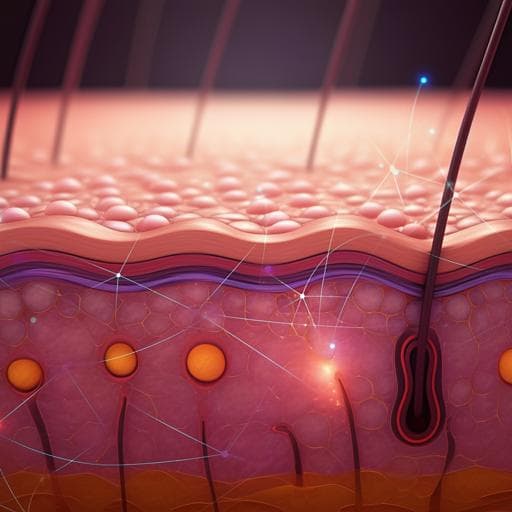
Medicine and Health
Deep learning-aided decision support for diagnosis of skin disease across skin tones
M. Groh, O. Badri, et al.
Discover groundbreaking insights into the diagnostic capabilities of dermatologists and primary care physicians as they navigate the complexities of skin disease across various skin tones. Conducted by a diverse team of researchers including Matthew Groh, Omar Badri, and Roxana Daneshjou, this study reveals both the potential of deep learning systems and the persistent accuracy gaps that demand our attention.
Related Publications
Explore these studies to deepen your understanding of the subject.







